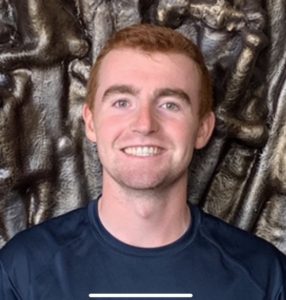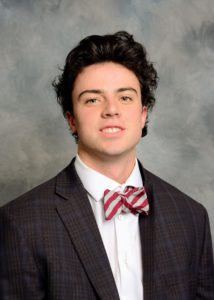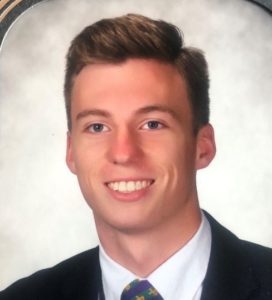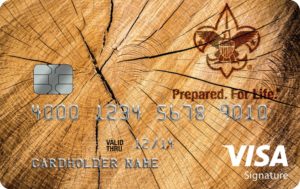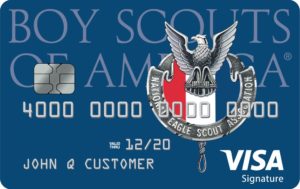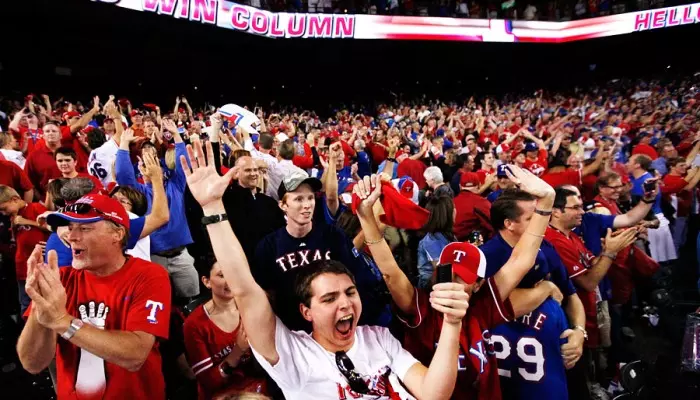One of the foundations of our success at Erskine Financial Services is hiring nice, smart interns during the summer and winter months to do research and build built proposals designed to introduce prospects to our services and to the opportunities as they look at renewing a card program that their current issuer might not be focusing on. The team gets together on a regular basis to talk about broad card-program topics and has guest speakers who talk about their experience in various sales, marketing, and operational functions from their time at MBNA, Bank of America, and Partners First.
At EFS, we talk to organizations about options, about broadening their ability to market to their entire membership base rather than just the high-FICO targets that some issuers focus on. We have relationships with issuers that enable us to offer a range of products from prepaid cards for credit-challenged consumers to premium rewards cards for high-spending members with strong FICO scores.
We’d like to introduce you to our 2021 summer interns and tell you a bit about what they’ve been doing over the past few months. In general, they talk about developing greater confidence and improving their presentation skills as something they’ll take away from the experience.
2021 Summer Interns
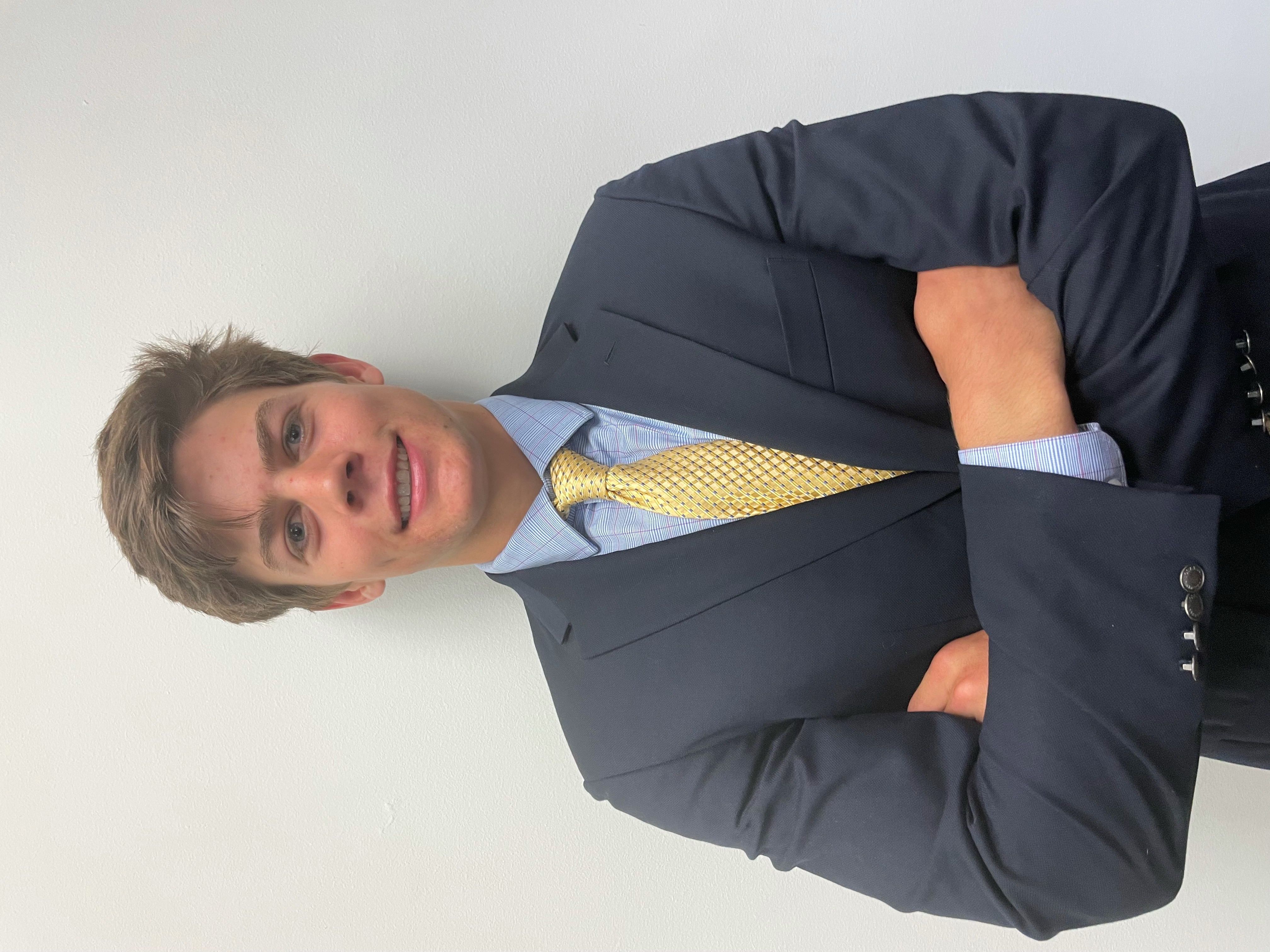
Peter Erskine
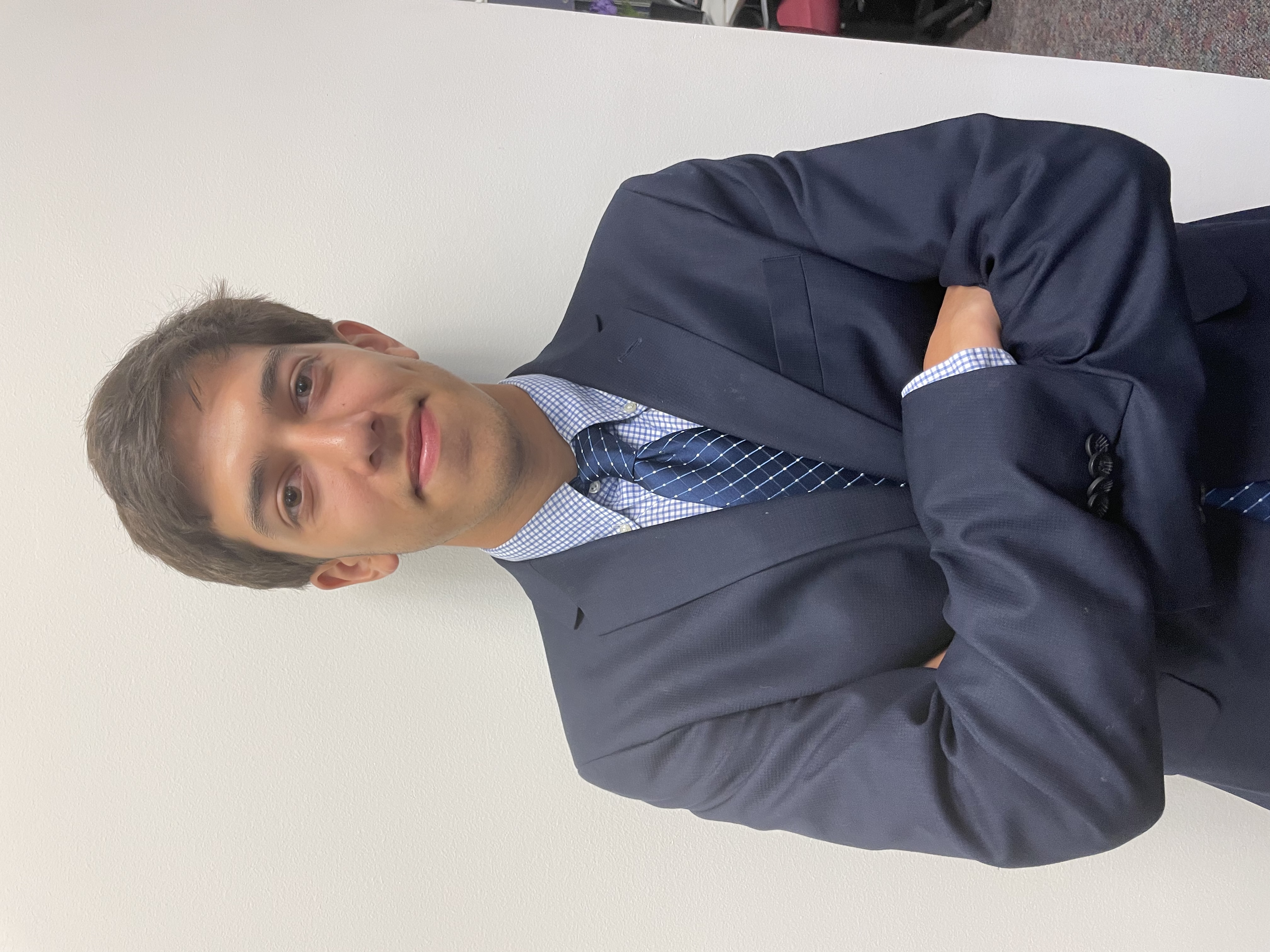
Sully Williams
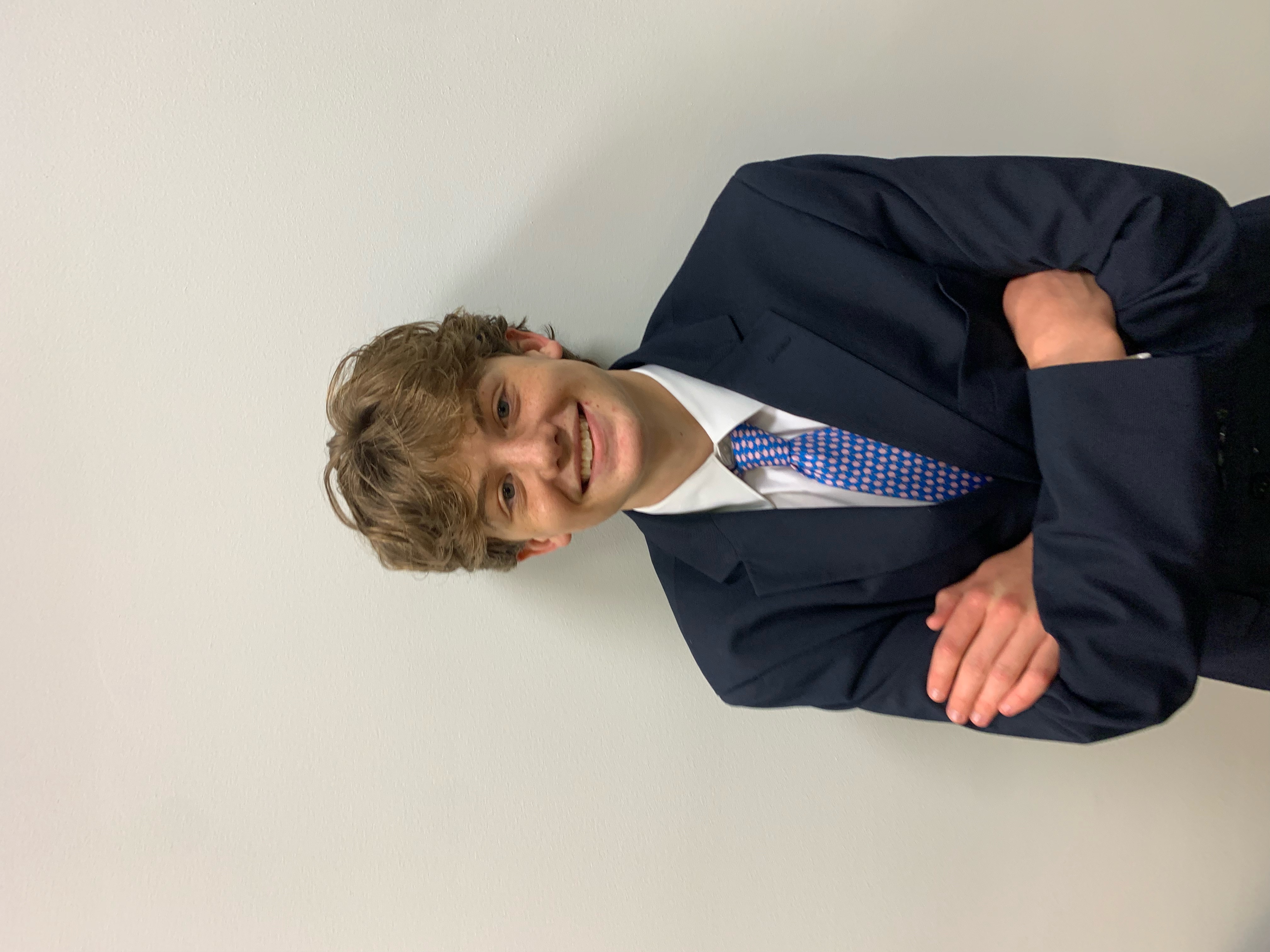
Nate Rashkind
2020 Summer Interns
Lance Ralsten will be a sophomore at Clemson (yes, Hal’s alma mater) pursuing a dual degree in Finance and Accounting. He’s been overseeing the rest of the team this summer. He says he’s enjoyed learning how to present himself in a professional manner, developing a prospect list for the Transportation sector, and collaborating with the intern team to tackle a variety of projects, performing in-depth research and making sales calls. Lance says working on a number of sectors but concentrating on one in particular has given him great insight into banking, sales, and investments that will help shape his interests over the next few years.
Ben Blewitt will be a junior this fall at Boston College majoring in Finance and Accounting. He says his goal was to learn about the levers that drive growth at different companies, to learn how to build financial models for the credit card industry, and to feel comfortable interacting with senior executives and other experienced professionals. Ben spent the summer researching professional organizations and associations to identify ones that could benefit from adding a card program and ones with an existing program that could confidently include program improvements and expansion of the marketing base during renewal discussions. He says he’s become a better listener so that he could learn more about prospect needs and he says he’s also learning to ask better questions – most of them open-ended. He says he’s got more confidence and learned how important it is to present well, be respectful, and to never make anything up if he’s asked a question and isn’t sure of the answer. Based on his experiences this summer, he’s hoping to work in investment banking or private equity after college.
Joe Centrone, a sophomore finance major at the University of Delaware, has been working on developing collegiate credit card programs, researching other existing programs and developing a contact database of university and alumni-association leaders. Joe learned about how schools are using experiential awards to drive greater affinity among graduates and fans of the collegiate card programs. He says he’s improved his presentation skills in the areas of preparation and pronunciation, which will enable him to return to UD with greater confidence in his ability to interact with business leaders.
James Maddox will be a junior at Clemson University, majoring in financial management. He says this was his first job related to that merger. He has been focusing on nonprofit, cause-related organizations, identifying prospects, doing research on them, and then reaching out to connect and (hopefully) present to them on their options in the marketplace. He says he learned Powerpoint in school but has learned how to add the important financial touches on the presentation before going in front of a prospect. He also says he’s worked on his phone demeanor and learned how to navigate the world of gatekeepers and voicemails.
Colin O’Brien will be a sophomore at the University of South Carolina majoring in Sports Management and actively pursuing joining the business school. His goal coming into his summer internship was to better understand the relationship between business and sports. He spent the first few week on developing a database on niche sports like tennis and squash and then moved on to working on the MLB and NBA databases. He says he’s seen the biggest growth in his communication skills, his ability to converse in a business setting effectively, and in his confidence, particularly in the area of preparing for and conducting a negotiation. This internship has changed his perspective drastically.
Samuel Williams will be a junior Finance major at Clemson this fall. He’s spent his time doing research for the Financial Institutions sector and looking for prospects that might be interested in developing a strong card program for their banking customers. He says the most important thing he’s learned this summer is how to gauge whether a relationship between EFS and the prospect would be beneficial for both sides. He says he’s improved his ability to use Zoom in a professional manner, which he thinks will pay off as the world continues to work from home and practice social distancing. He also feels that his critical-thinking skills have improved this summer.
Hal says he’s seen the benefits of a strong internship program since his days at MBNA as many interns there ultimately became senior leaders who have been innovators in the financial services industry for more than three decades.


